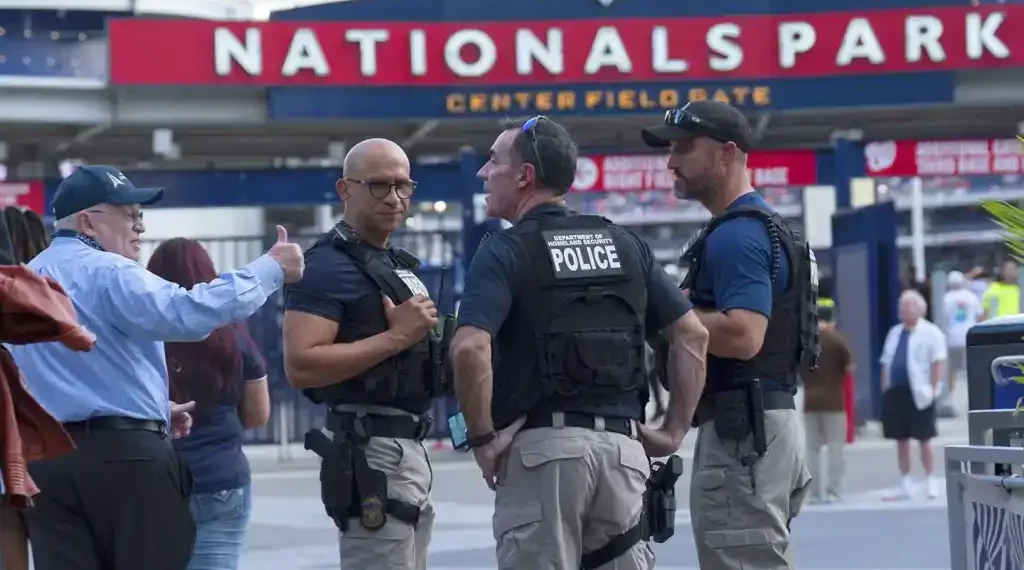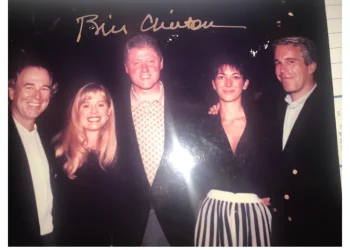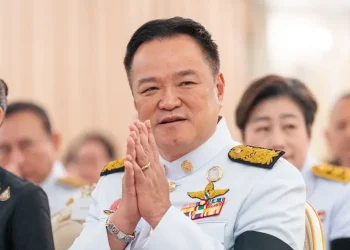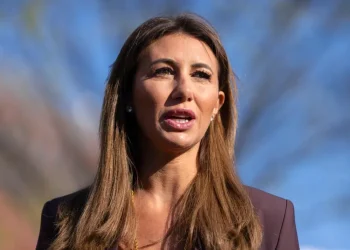DEA Chief Named as Washington’s Emergency Police Commissioner Amid Federal Takeover Dispute
Published Time: 08-15-2025, 16:10
The Trump administration has appointed Drug Enforcement Administration (DEA) Administrator Terry Cole as Washington, D.C.’s “emergency police commissioner,” granting him full powers of the city’s police chief. The move, announced late Thursday, marks one of the most sweeping assertions of federal authority over the nation’s capital in modern history and has triggered immediate opposition from local leaders.
Bondi’s Directive Shifts Police Control to Federal Authority
Attorney General Pam Bondi issued the directive naming Cole to oversee all policing decisions in the District of Columbia. Under the order, the Metropolitan Police Department (MPD) must receive approval from Cole before issuing any commands or directives.
Bondi stated that Cole now assumes “powers and duties vested in the District of Columbia Chief of Police,” effectively sidelining Police Chief Pamela Smith, who reports to Mayor Muriel Bowser.
The announcement came just hours after Chief Smith ordered MPD officers to share certain information with immigration authorities regarding individuals not in custody — a move Bondi criticized as maintaining elements of the city’s “sanctuary policies.” Bondi rescinded Smith’s directive and revoked other MPD policies that had limited inquiries into immigration status or prohibited arrests based solely on federal immigration warrants.
“All new directives must now receive Commissioner Cole’s approval,” Bondi said, framing the decision as part of a broader effort to restore “law and order” in the capital.
Local Leaders Push Back
D.C. Attorney General Brian Schwalb called Bondi’s directive “unlawful” and stated that city police officers must continue to follow Chief Smith’s orders under his interpretation of local and federal law.
Mayor Bowser also rejected the move, writing on social media: “There is no statute that conveys the District’s personnel authority to a federal official.”
The dispute sets the stage for a potential legal battle between Washington’s predominantly Democratic leadership and the Republican administration, with both sides citing differing interpretations of statutory authority over the city’s policing powers.
Part of a Broader Federal Operation in the Capital
The takeover is part of President Donald Trump’s larger law-enforcement initiative in Washington, tied to a declared state of emergency. The White House says the measures aim to address crime, homelessness, and immigration enforcement in the city.
While Washington has seen an uptick in certain crimes, its homicide rate remains below that of several other major U.S. cities. Critics argue that the administration’s portrayal of the city as being in a public safety crisis is overstated.
On Thursday, residents reported an expanded and highly visible federal presence. National Guard troops patrolled landmarks, DEA agents monitored nightlife areas such as The Wharf, and Department of Homeland Security officers were stationed at sports venues and transportation hubs.
Increased Federal Presence Across the City
According to Pentagon press secretary Kingsley Wilson, 800 National Guard members have been deployed to assist with monument security, community patrols, and other safety measures. Wilson emphasized that the Guard members are unarmed and “uniquely qualified for this mission as a community-based force with strong local ties.”
National Guard Major Micah Maxwell added that troops will support law enforcement with traffic control, crowd management, and de-escalation efforts. The White House stated that Guard members are not making arrests but are “protecting federal assets, providing a safe environment for law enforcement officers to make arrests, and deterring violent crime with a visible law enforcement presence.”
Public Reactions and Political Stakes
For many residents, Thursday’s developments marked a noticeable shift from earlier days of the operation, which had been relatively low-profile. Federal checkpoints in nightlife districts and the detention of individuals for alleged immigration violations drew mixed reactions from the public.
President Trump defended the initiative, stating he is using a “very small force” and allowing city police “to do their job properly.” He dismissed concerns that the deployment would pull resources from critical federal missions such as counterterrorism.
Impact on Washington’s Homeless Community
The heightened federal presence has also affected the city’s homeless population. On Thursday, volunteers and city agency workers assisted several unhoused residents in dismantling encampments. While the removals were reportedly voluntary, advocates warned of possible forced clearances in coming days.
At Washington Circle, where a few tents remained, signs were posted announcing a “general cleanup” scheduled for Monday morning. Protesters nearby criticized the federal policies, expressing concern about the displacement of vulnerable residents without clear relocation plans.
Legal and Constitutional Questions Ahead
The directive naming Cole as emergency police commissioner raises unresolved constitutional and statutory questions regarding the balance of federal and local authority in the District of Columbia. Legal experts note that while the president has emergency powers to direct certain law-enforcement actions in D.C., the scope of those powers has rarely been tested to this extent.
With Mayor Bowser expected to return to the city on Friday, further political confrontation is likely. The conflict could result in court challenges that may shape the future relationship between the federal government and the nation’s capital for years to come.
This article was rewritten by JournosNews.com based on verified reporting from trusted sources. The content has been independently reviewed, fact-checked, and edited for accuracy, neutrality, tone, and global readability in accordance with Google News and AdSense standards.
All opinions, quotes, or statements from contributors, experts, or sourced organizations do not necessarily reflect the views of JournosNews.com. JournosNews.com maintains full editorial independence from any external funders, sponsors, or organizations.
Stay informed with JournosNews.com — your trusted source for verified global reporting and in-depth analysis. Follow us on Google News, BlueSky, and X for real-time updates.














